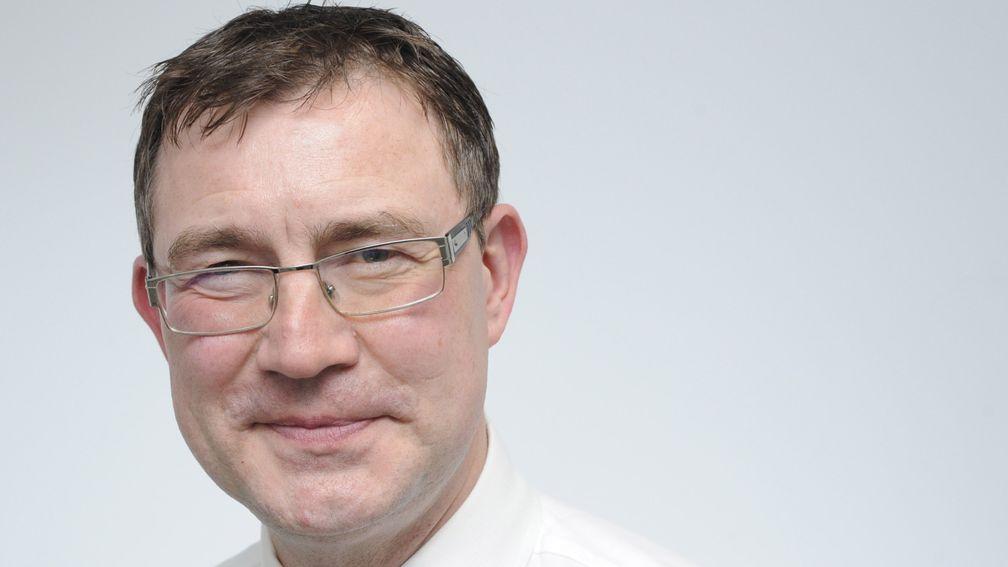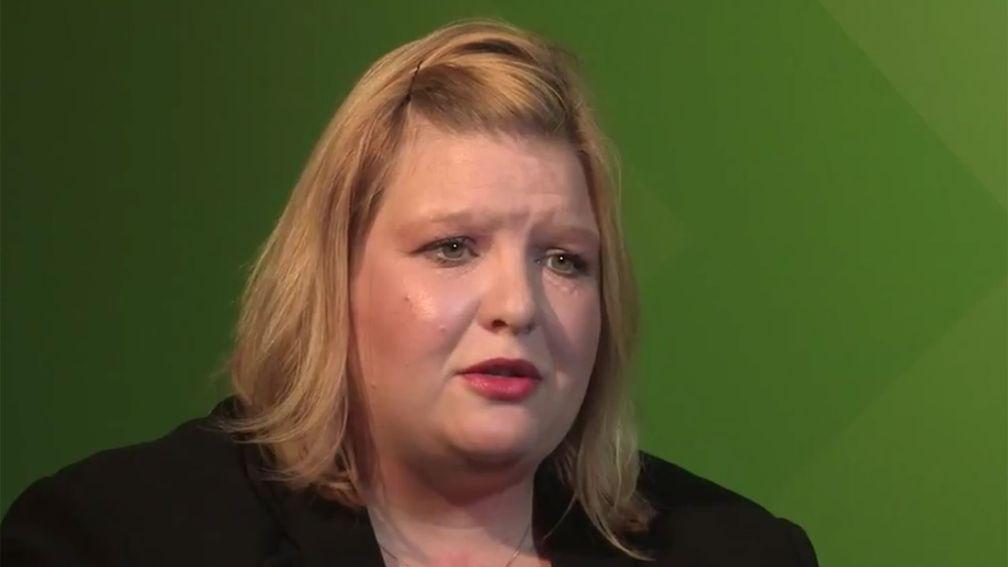Older gamblers most affected by checks - and that gives racing a massive problem


Age may just be a number but the numbers do not always make pretty reading when it comes to the demographics of racing's customer base, certainly in regards to betting at least.
That was certainly the impression audience members at last summer's Horseracing Industry Conference at Newbury would have come away with having listened to a presentation by Professor David Forrest from the University of Liverpool entitled How People Bet on Horseracing and the Implications for the Sport.
The professor had been a central part of a research project called Patterns of Play, which was commissioned by the charity GambleAware with the aim of finding out how people gamble online. Data from 139,152 online gambling accounts was provided by seven major gambling operators making up the vast majority of the UK market between July 2018 and June 2019.
Among the project's findings was that across the operators more than 55 per cent of horseracing gross gambling yield – the amount left behind after winnings have been paid out – was generated by those aged more than 45, while nearly a third came from those aged more than 55.
The findings raised concerns about the sustainability of the sport in the medium and long term given the preference for betting on other sports among younger bettors.
However, they have also come to mind when thinking about the more immediate threat to the sport's finances presented by affordability checks and the anecdotal evidence given by those affected who have contacted the Racing Post during its recent coverage of the issue.
A recurring theme among those who have written in to detail the frustrations of their experience with affordability checks has been that they are retired. They have often said they have been betting on racing for many years, stretching into several decades in some cases, which would suggest they have not been spending unaffordable sums on betting, and they have claimed to be mortgage-free and to possess ample savings with which to finance their hobby. Yet because they have been unable to provide proof of income they have had limits placed on their accounts.
Older people are also less likely to be willing to share their financial data. A Lloyds Bank study in 2020 found that only 16 per cent of people over 50 used open banking – which allows other services to access information such as your transaction history – or other financial technology. Many of the companies which believe they have found a solution to the affordability issue have based it on open banking, but it might not be the panacea that has been claimed.
Another feature of the correspondence has been the willingness to consider going to black market operators, and in some cases to register and deposit money with such firms. There has even been satisfaction with the process. From British racing's perspective, the more money bet with black market operators the less there is for the levy and media rights income.
The Gambling Commission has acknowledged the threat of the illegal operators in gambling while pouring cold water on claims from trade body the Betting and Gaming Council that the black market has doubled in recent years.

In a recent speech the commission's deputy chief executive Sarah Gardner said she could not accept the argument she claimed was made by some that the existence of illegal operators meant the commission should "scale back or stop some of the interventions we think we need to make in the regulated market" to lower the risk of gamblers heading to the unregulated sphere.
Fine if that is the argument being made, but the evidence of those writing in to the Racing Post is that the wrong kind of interventions can drive people to the black market and perhaps that should be borne in mind by the commission.
One of the unregulated firms mentioned by a reader, an operator called God Odds, would also appear to demonstrate the risks attached to the black market. A read through the reviews of the Curacao-based website on Trustpilot reveals a number of unhappy users who have been unable to withdraw their funds.
Not that such a complaint is limited to the black market. Last week the Gambling Commission fined online operator TonyBet more than £400,000 for unfair terms, which included the firm saying it could request ID documents for "all withdrawals" while not insisting on those same checks earlier in the customer relationship.
The request for documents on withdrawal has cropped up in the testimony given by Racing Post readers on a number of occasions and the TonyBet case might be something that all operators should have in mind.
When it comes to the financial effect of affordability checks on British racing, Arena Racing Company chief executive Martin Cruddace has estimated there has been a £280 million drop in digital betting turnover at the company's 16 racecourses in 2022 compared to 2019. Broadened out across the sport as a whole, that would mean online turnover on British racing declined by £800m in 2022, costing the sport around £40m in income from bookmakers.
There will be those in favour of more stringent affordability checks for gamblers who will doubt the financial effect such measures are already having on the sport. However, the response from Racing Post readers has been that the checks already introduced by bookmakers are having an effect – and it's on the core of the sport's betting customer base.
Have you been affected by intrusive affordability checks? If so, we would like to hear from you. Email us (editor@racingpost.com) with the subject 'Affordability checks' to share your experiences and contact details
Read these next:
'Hugely worrying' - Stuart Williams warns industry over affordability checks
Racing people need to wake up - the sport's income and integrity are at risk
The £40 million blow: how affordability checks are already hitting horseracing

Stay ahead of the field with the ultimate racing subscription – and your first month FREE. Enjoy the Racing Post digital newspaper and award-winning journalism from the best writers in racing, and make informed betting decisions with our expert tipping and form study tools. Head to the subscription page and select 'Get Ultimate Monthly', then enter the code FREE to get Members' Club free for one month.
First month free, subscription renews at full monthly price thereafter.
Customers wishing to cancel will need to contact us at least seven days before their subscription is due to renew.
- No shame in trying Sunday evening racing and having to ditch it - but other strategic initiatives really need to deliver
- The Dante meeting means it's summertime - but the livin' is far from easy in racing's politics
- Furore over ill-advised 'casino' campaign should warn racing that scrutiny of gambling advertising isn't going away
- A year since the white paper was published and issues facing racing may yet be overtaken by events
- Listen to punters! Gambling Commission's cop-out on protecting customers' money highlights the need for change
- No shame in trying Sunday evening racing and having to ditch it - but other strategic initiatives really need to deliver
- The Dante meeting means it's summertime - but the livin' is far from easy in racing's politics
- Furore over ill-advised 'casino' campaign should warn racing that scrutiny of gambling advertising isn't going away
- A year since the white paper was published and issues facing racing may yet be overtaken by events
- Listen to punters! Gambling Commission's cop-out on protecting customers' money highlights the need for change